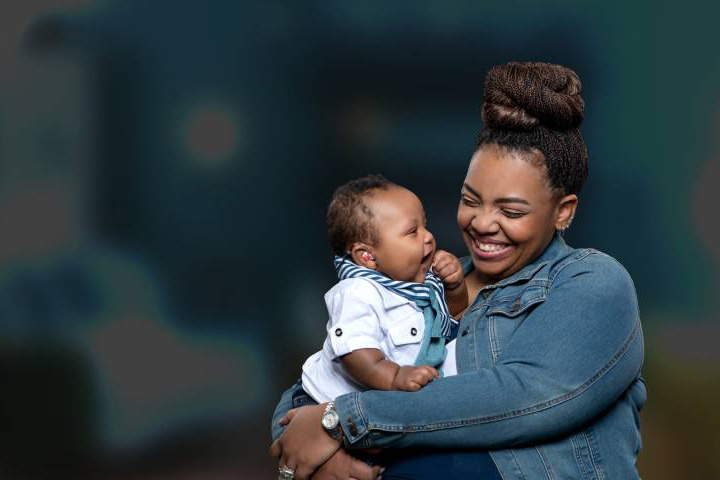Oberkotter Foundation Partners with Callier to Help Infants Hear
February 11, 2021


In Texas, 51% of infants who fail their newborn hearing screenings do not receive early intervention treatment — one of the worst rates in the nation, according to the Centers for Disease Control and Prevention.
With grant funding of nearly $400,000 from the Oberkotter Foundation, the Callier Center for Communication Disorders aims to radically improve this outcome through its Early Intervention for Infant Hearing Loss Project.
“We envision a world where infants receive hearing aids within the first weeks of life,” said Bruce Rosenfield, executive director and trustee of the Oberkotter Foundation. “We are excited to partner with the Callier Center to ensure that newborns with hearing loss across the country may begin life with the same opportunities as typical hearing children.”
According to Early Hearing Detection and Intervention 1-3-6 national guidelines, a baby should receive a hearing screening at birth or prior to the first month of life. Infants who do not pass the screening should receive a diagnostic evaluation before 3 months of age, and when necessary, should receive early intervention by 6 months. In 2019, the Joint Committee on Infant Hearing (JCIH) specified that states who meet the 1-3-6 benchmark should strive to meet a 1-2-3 month timeline.
“Now that he has hearing aids, he can actually hear himself.”
LaShunta Evans, Thomeir’s mother
Thomeir Evans received his hearing aids from the Callier Center at 3 months old — three months earlier than the 1-3-6 guidelines and on par with the JCIH goal.
After only one week with hearing aids, Thomeir and his family noticed the difference. “Now that he has hearing aids, he can actually hear himself,” said LaShunta Evans, Thomeir’s mother. “He looks at you when you’re talking to him now.”
Without hearing aids, Thomeir cannot hear certain speech sounds and consonants.
“When children don’t have access to these sounds, it affects their speech and language development,” said Dr. Amanda Frost, Thomeir’s audiologist. “If they are not able to hear the sounds, then they cannot learn to produce them.”
Without treatment, infants with hearing loss suffer from auditory deprivation. The lack of sound causes the auditory nerves and speech processing areas of the brain to atrophy.
“Even if you put hearing aids on later, the child may continue to have problems understanding words, because the brain has already rewired itself due to auditory deprivation,” said Dr. Andrea Gohmert, director of audiology clinical operations.
The initial goal of Callier’s Early Intervention for Infant Hearing Loss Project is to move North Texas toward a 98% early intervention rate for infants who need hearing and speech-language services by or before 6 months of age. The aspirational goal is to put hearing aids on babies within the first month, thereby implementing a gold standard of care that serves as a model for systemic change across the state and nation.